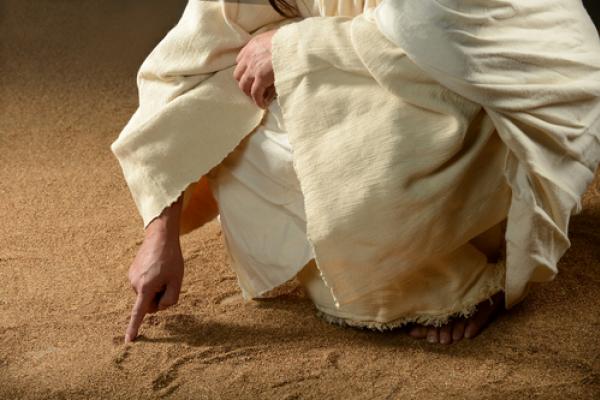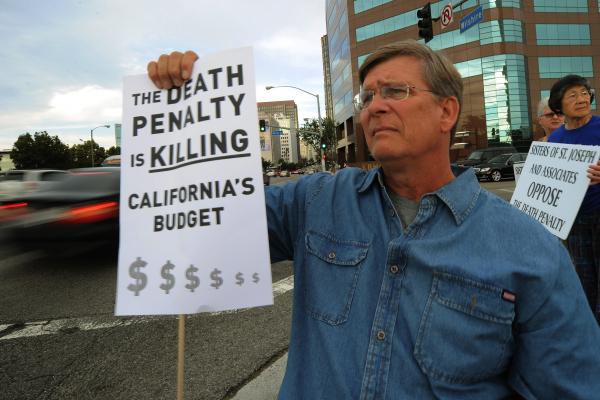Jesus didn’t vote today
Not tomorrow
Not yesterday
Jesus didn’t need the bullet or the ballot box or
The bomb or bayonet or budget
Jesus didn’t vote today
Jesus didn’t authorize drone strikes to kill thousands
Jesus didn’t occupy other countries with standing armies
Jesus was occupied by the Holy Spirit that occupies us even still
Jesus was occupied by the truth of radical love
Jesus was not a feeble, timid, compromised, casual, comfortable, middle-class,
Or otherwise complacent ap
Tom Roberts in the National Catholic Reporter, writes on questions raised by the rapidly growing use of unpiloted drones.
“Each expansion of drone use magnifies the concerns of the legal and human rights communities about whether the United States is dangerously pressing the limits of -- or even violating -- international law. Just as worrisome, experts say, is whether the increasing use of drones in such circumstances will slowly erode the force of international law, rendering it ineffective.”
Most of us have read President Dwight Eisenhower’s 1961 farewell speech warning of the growing military-industrial complex in the U.S. Fifty years later, many of his fears have become realities. Aaron B. O’Connell, an assistant professor of history at the United States Naval Academy and a Marine reserve officer, points out in a New York Times column the part of Ike’s speech we don’t often remember: “Eisenhower’s least heeded warning — concerning the spiritual effects of permanent preparations for war — is more important now than ever.”
He explains:
“Uncritical support of all things martial is quickly becoming the new normal for our youth. Hardly any of my students at the Naval Academy remember a time when their nation wasn’t at war. Almost all think it ordinary to hear of drone strikes in Yemen or Taliban attacks in Afghanistan. The recent revelation of counterterrorism bases in Africa elicits no surprise in them, nor do the military ceremonies that are now regular features at sporting events. That which is left unexamined eventually becomes invisible, and as a result, few Americans today are giving sufficient consideration to the full range of violent activities the government undertakes in their names.”
A new Mumford video, a giant Gollum statue in an airport, a man taking a robot leg to the 103rd flor, a bunch of moleskine planners, and people riding slip n' slides into kiddie pools. Happy Monday!
October was Interfaith Month for Prop 34, a time set aside for leaders of faith traditions to address the question of California’s death penalty and advocate for its replacement. Hundreds of faith community’s have endorsed Proposition 34 because we believe the best way to do justice in California is to replace the death penalty with life in prison with no possibility of parole.
The will to see justice done is deep within the human spirit. We may not always agree on what “justice” looks like, but the belief in a just and fair society — and the desire to bring it about — are at the heart of how we live together and form a community. In religious traditions like Christianity, Islam, Judaism, and countless others, doing justice is a calling to enact God’s will.
The next question is, of course, what does that mean? Discerning justice can be even harder than doing justice.
Tuesday, Nov. 6, is Election Day. As we’ve seen these past months, in a closely divided country, elections bring out the worst in us. Hundreds of millions of dollars in negative advertising, families and churches divided, each side convinced that a victory by the other side will be disastrous for the country.
It is clear that Christians will vote in different ways — some for Barack Obama, some for Mitt Romney, some for another candidate, and some will not vote. But Tuesday evening, Christians in more than 800 congregations will be gathering together for communion, regardless of party, political affiliation, or denomination.
The Election Day Communion campaign is the vision of several pastors to build unity in Christ in the midst of theological, political, and denominational differences. In sharing communion together, the Campaign says, Christians can reaffirm our allegiance to Christ and remember some basic truths.
SALT LAKE CITY — As Americans cast their ballots and the clock ticks toward midnight in Mitt Romney’s quest for the White House, this much is clear: Americans didn’t know much about Romney's Mormon faith when this “Mormon moment” began.
Now, thousands of headlines, dozens of TV newscasts, and one Tony-winning Broadway musical later, Americans still don’t know much about Latter-day Saints and their beliefs.
But they know more. All those stories educated millions of observant Americans about The Church of Jesus Christ of Latter-day Saints. Still, some “understandings” remain misunderstandings — and many views of the religion are still skewed, exaggerated or flat-out wrong.
Here are 12 persistent myths about Mormonism.



